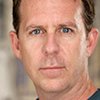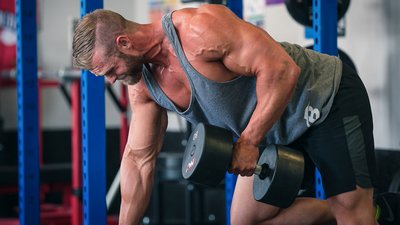"A couple years ago, I was sitting in a hotel restaurant on a business trip, and I couldn't convince a young guy, about 25, and his friends that I wasn't Chris Hemsworth," Kaleb Redden, DO, says. "They'd been drinking, so I eventually signed an autograph for them." He scrawled "Thor" on a piece of paper. "It worked out in my favor," he says. "The staff also believed I was the actor, so they didn't charge me for my meal."
This is a frequent occurrence for "DocThor," a moniker he earned from a patient that soon became widely used by his colleagues, as well. While DocThor may not play a superhero in Marvel films, he does resemble the "Thor" actor, beard and all.
"I've had a beard for the past eight years," he says. "It varies in length based on the season."
While he isn't an actor, Redden often plays a superhero in his daily life as a medical doctor, specializing in sports medicine.
"I knew that I wanted to work with athletes of all calibers and be in the field of sports medicine," he says. When he finished medical school, he had two options: become an orthopedic surgeon or become a family practice doctor and do fellowship training to become board certified as a sports medicine doc. He chose the latter so that he could work with the whole athlete—and all of the systems rather than just orthopedic problems.
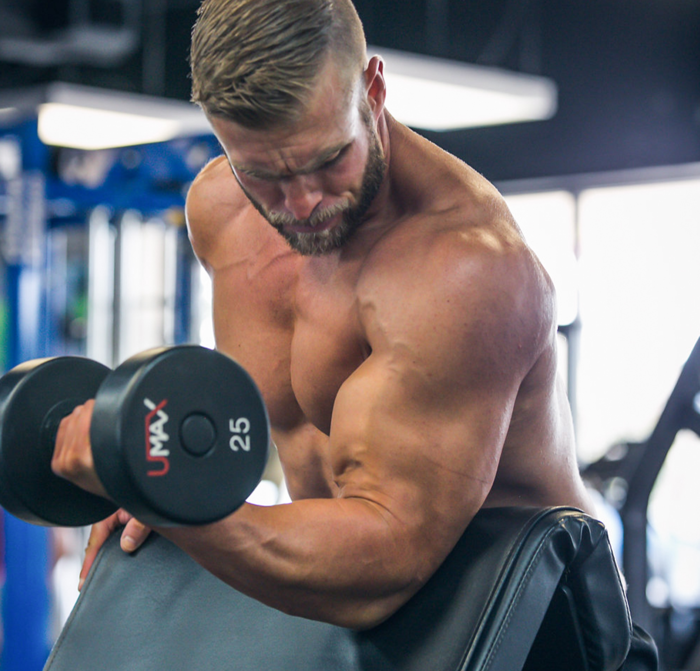
"This allows me to work with a broader range of people and a larger number of issues such as athletes with diabetes, asthma, or mental health issues, along with being able to assist with orthopedic problems."
One of DocThor's missions today is to communicate that health, exercise, and nutrition are inextricably linked.
"This is true regardless of your age, current health status, or long-term athletic goals," he says.
The key is to consult with your physician and other health providers to make sure you're doing what's right for you. DocThor integrates cutting-edge science from the medical, bodybuilding, and training worlds so he can provide the best guidance to athletes as well as the ordinary people he sees in his practice as a medical doctor.
Getting Ripped
Every superhero has an alter ego, and DocThor is no exception. Mild-mannered Dr. Kaleb Redden turns into a beast when he weight trains. This duality isn't lost on him—or his family, friends, and colleagues.
One evening, before a long-overdue date night with his wife, DocThor entered the gym to destroy some heavy weights. He hadn't been training as much as usual because of the demands of medical school.
"I was performing leg presses with very heavy weights that I was comfortable with but hadn't used for some time," he recalls. He was making very large jumps in weight, and on the third set he allowed the weight to drift too low and bounce at the bottom.
"I felt the tendon rip off my pubic bone and I passed out, probably from the combination of pain and being stuck under the sled." When he came to, he threw up.
Even though he was in pain, he knew that skipping the date was not an option.
"I strapped a frozen water bottle in my pants, popped some painkillers and went to the movie. Needless to say, my wife was not impressed."
It's a very difficult surgery to re-attach the muscle he ripped, the adductor longus, to the bone. DocThor opted to live through the pain, which lasted for two years.
"The alternative to surgery is to rehab the injured area and hope it scars down," he says.
DocThor has had multiple surgeries for injuries. Some of them occurred when he was playing sports, some came from motorcycle and mountain bike crashes, and some from lifting in the gym.
"After 22 years of high-intensity sports and lifting, I've found my genetic weaknesses, and I've exploited them all," he says.
All of this individual experience qualifies mild-mannered Dr. Kaleb Redden to advise you about what you should do—and what you should avoid—when you experience pain.
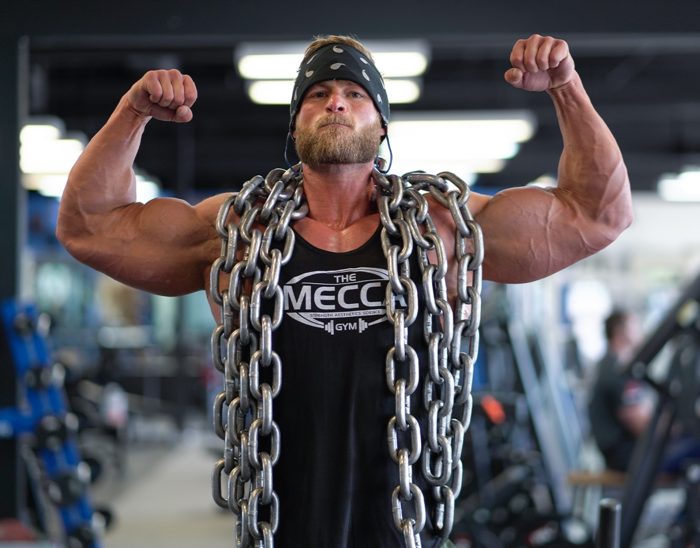
When to Leash the Beast
The first thing to recognize is that there are two very distinct types of pain, Dr. Redden says.
"Your body is equipped with pain receptors because they are a life-saving response in many circumstances." Trainees need to learn how much pain is appropriate, tolerable, and even beneficial in allowing them to achieve their athletic goals. "Pushing through exercise pain helps increase your threshold for fatigue, improving performance."
Still, he cautions, you need to recognize when the pain you experience is ultimately working against your goal. Say, when you rip your adductus longus from your pubic bone…
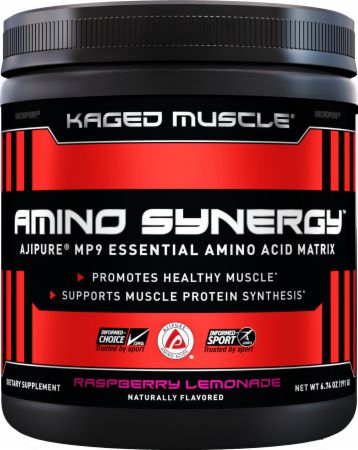
Here are Dr. Redden's tips:
- Is the pain coming from a joint, rather than a muscle? If so, you should back off. "And if one of these areas is painful, hot, red, or swollen for more than 48 hours, you should have a doctor examine it."
- Does the pain wake you from sleep? "This is a sign that you may have a more significant injury than typical workout pain that you will quickly recover from."
- Is your swelling and bruising responding to healing efforts, including recovery time, ice, and compression? "If not, a doctor should examine it."
- Do you experience numbness or tingling? "This may be due to a neurological issue, and it should not be ignored."
- How long has the pain lasted? "If your pain goes on for more than a couple weeks without decreasing in intensity, you should have it evaluated."
Dealing with Duality
It's a constant mystery whether we choose our path, or our path chooses us. DocThor initially planned to become an engineer before leaving college to work as an oilfield foreman and safety tech, and then returning to college. He realized that he was a brainiac as well as a social and gym animal. The solution was to become a jacked-to-the-max medical doctor who sees patients on a daily basis after intense early-morning workouts.
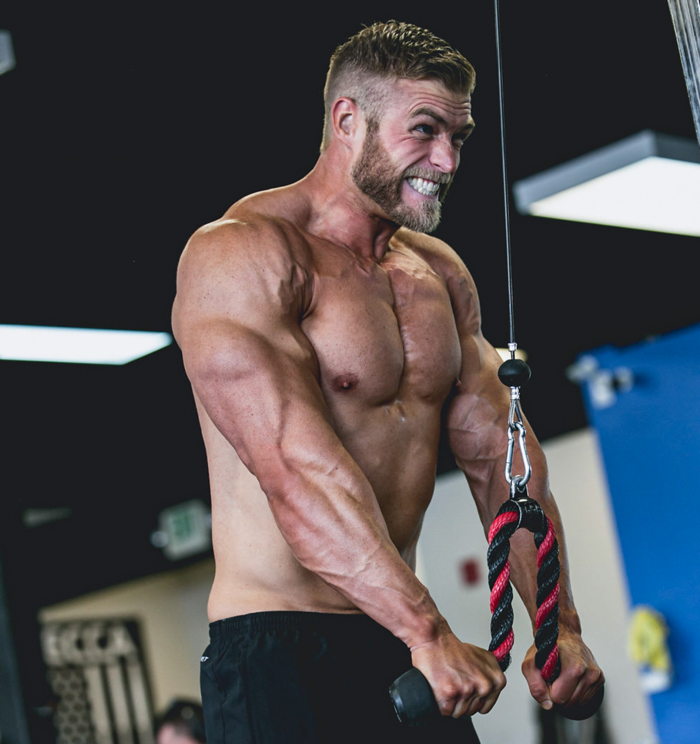
As a youth, Dr. Redden had wanted to be a professional athlete, but he was sidelined with performance injuries. It ultimately led him to become a voice of sanity against the "no pain, no gain" mantra that's still chanted by those who aren't working that big muscle in their skull. While you want to train with intensity, it's crucial that you also listen to your body. Based on his previous injuries and surgeries, it's not surprising that DocThor has been guilty of overriding common sense in the pursuit of heavier weights and more reps. In contrast, Dr. Redden provides advice and balance.
"The point isn't that you shouldn't train heavy or with intensity," he says. "The key is to recognize where your body is every day when you enter the gym."
The Message and the Mission
"When I'm in the gym, all hell breaks loose," DocThor says. "I'm there to beat the demons into submission."
In fact, he says that's where he most likes to be on a Friday night, given the choice. But don't confuse DocThor's gym-warrior statement with Dr. Redden's message and mission outside the gym. In totality, his goal is to convince as many people as possible, from young bodybuilders to older people suffering from conditions such as Type 1 or Type 2 diabetes, that training properly for your needs is the key to long-term health and meeting your training, athletic, and health goals.
"In some ways, the worst part of an injury is the limitation on your life," Redden says. "I want people to be able to get back to what they want to do."
He especially wants to motivate people to focus on diet, exercise, and lifestyle choices, which are the most underutilized aspects of medicine.
Feed the Beast
Most people know that weight training damages muscle tissue, which is what instigates growth. What you consume before, during, and after workouts supports your body's ability to recover and increase muscle mass.
These are the supplements Dr. Redden takes:
Here are a few of Dr. Redden's (and DocThor's) most important tips about nutrition and supplementation:
- "Food is fuel for your engine. If you want a high-performance engine, it's crucial to put the best fuel in it that you can." DocThor recommends a diet that's high in lean proteins, fruits and vegetables, healthy fats, and carbohydrates from the right sources.
- "Many medical problems can be traced back to the unhealthy foods we consume. These cause inflammation and undercut recovery without providing the crucial nutrients we need." In addition, many contain excess chemicals. Relying on whole foods from clean sources helps boost nutrients while reducing unwanted contaminants and helping you manage calories.
- "Supplements are a great addition to a healthy training and nutrition program, but they are not a replacement for healthy dietary choices." Use them to boost performance rather than to make up for gaps in your nutrition.
- "One of my favorite supplements is caffeine. When taken in the correct dose from appropriate sources, it can be a healthy and safe way to boost performance. I always recommend supplements be third-party tested and used in moderation."
- "There are a number of other supplements that athletes can benefit from, but it's important to check with your doctor first to make sure they are safe and in line with your goals."


